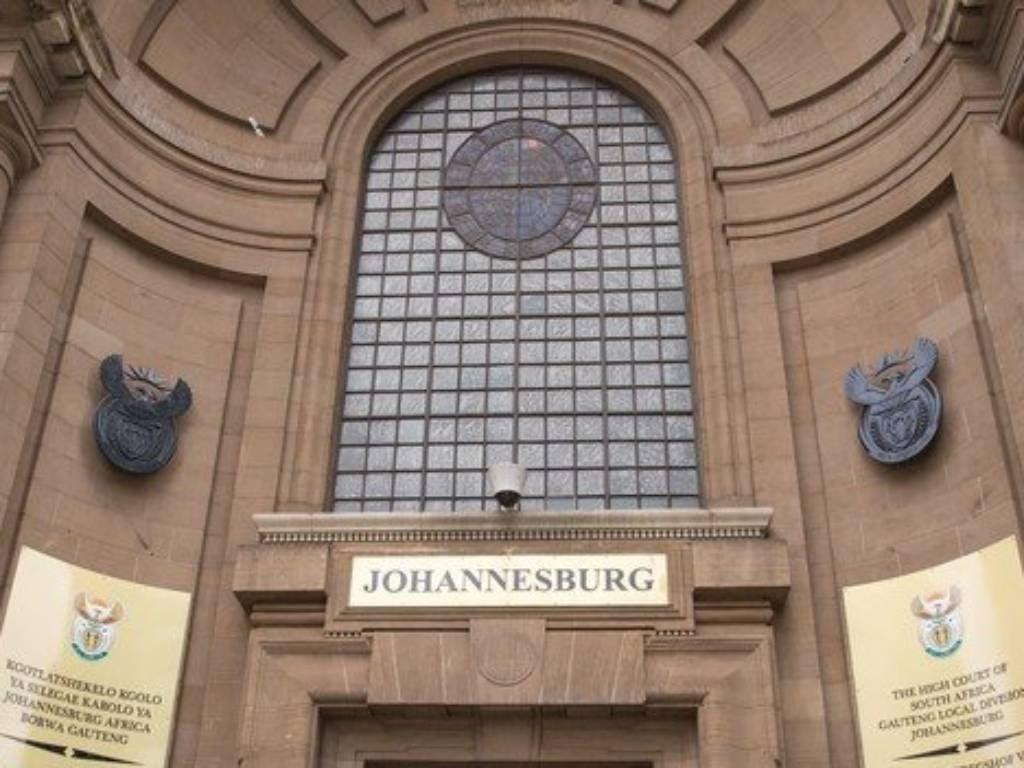Africa-Press – South-Africa. The right to access classified apartheid records has gone to the Gauteng High Court in Johannesburg where civil society organisation Open Secrets hopes to compel the Department of Defence and Military Veterans to release documents relating to secret apartheid-era military projects.
Open Secrets, which investigates the links between economic crime and human rights abuse, has been fighting for nearly a decade to get access to apartheid-era records held by the department.
Lawyers for Human Rights (LHR), which is representing Open Secrets, has requested information relating to the policies and practises of the apartheid government during the height of the international arms sanctions.
The information, contained in 95 folders, reveals dozens of secret apartheid-era military procurement projects, visits and liaisons with people and organisations in countries such as Argentina, China, France, Israel, Paraguay, Portugal, Switzerland, Taiwan and the United States.
LHR has argued that this was of enormous public importance “for understanding South Africa’s violent past”.
It said the records were needed by organisations such as Open Secrets to piece together the story of what happened, why and who is accountable.
This fight for access to apartheid-era records started in 2013 when the South African History Archive Trust (SAHA) requested access to various documents in the department’s possession. Between 2015 and 2016, the department handed over some declassified records.
However, it informed SAHA that it had excluded other documents.
After several attempts to engage with the department to get access to these records, LHR instituted an application to compel the department to hand over the documents it had excluded.
In January last year, the application was heard at the Johannesburg High Court, and SAHA obtained a court order for the department to provide SAHA with the records.
After more than six months of the LHR attempting to enforce the court order and get the records, the department applied to have the court order rescinded.
In the meantime, the SAHA Trust was dissolved and could no longer oppose the department’s rescission application.
In November 2021, SAHA notified the department that Open Secrets, its long-time partner in these requests, would take on the matter on behalf of the archive.
The department then launched an application to oppose the substitution, arguing that the requirements for the substitution had not been met and if it were to be allowed, the department would be prejudiced.
Open Secrets and LHR disagreed, arguing that Open Secrets has a direct and substantial interest in the case and Open Secrets’ substitution would not prejudice the department since the department would be in the same position if Open Secrets had initially joined as a party to the case.
Charné Tracey, LHR attorney, said in a statement: “Overcoming and succeeding in this application is essential for the main issue to be resolved and, ultimately, for promoting the constitutional right to access to information.
“The right to access to information fosters openness and exposes corrupt government practises – this is pertinent considering South Africa’s history, which is marred by the culture of secrecy and unresponsiveness in public institutions.”
Open Secrets director Hennie van Vuuren said it was an important step in an epic decade-long battle for openness.
“It is scandalous that our public institutions keep secret the records of collaborators with a crime against humanity. The contents of the 95 files must be disclosed, in full, to ensure both a reckoning with our past and send a signal to the Department of Defence and others that we can no longer tolerate a culture of secrecy in our constitutional democracy. We are proud to work with LHR and a stellar legal team to challenge this injustice,” Van Vuuren said.
South African National Defence Force spokesperson Siphiwe Dlamini confirmed that the department was opposing the matter.
“We have given them most of the documents they required. Unfortunately, we cannot give them those that involve contractual agreements with third parties i.e. private entities and foreign states,” he added.
The matter was heard on Monday.
For More News And Analysis About South-Africa Follow Africa-Press






